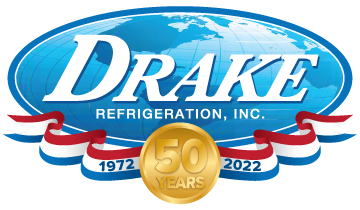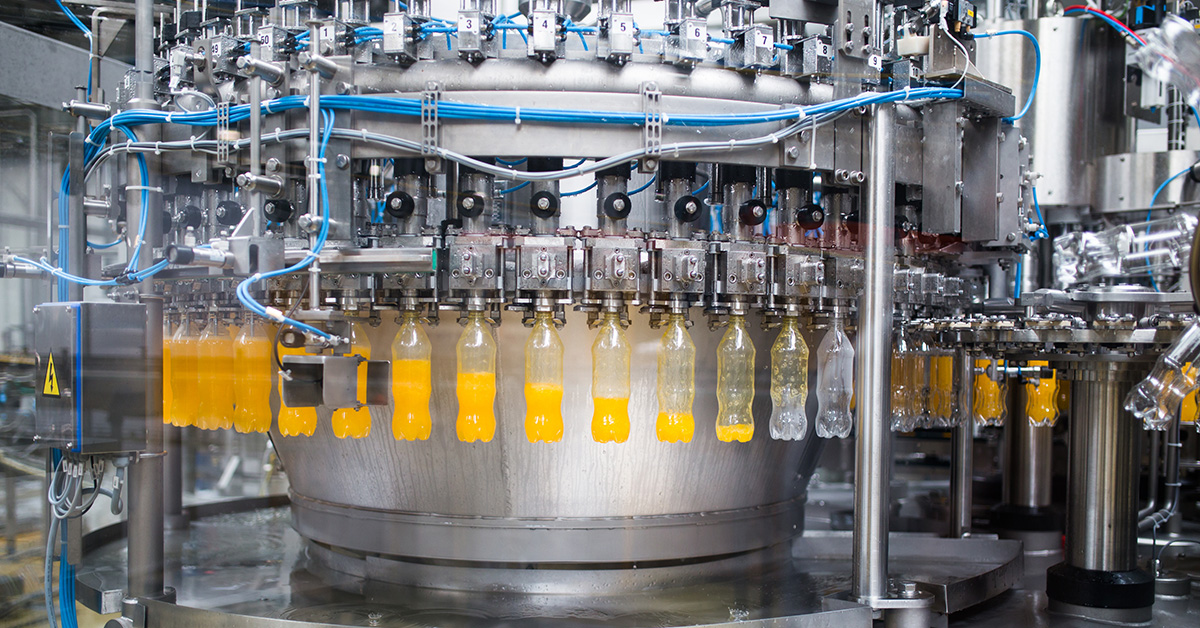
What is a glycol chiller? What are the advantages? Is it safe for food and beverages? What about energy efficiency? If you’re considering a glycol chiller for your industrial process cooling needs, you may have many unanswered questions. This article will answer these and other frequently asked questions to help you make the best decision for your needs.
To start, let’s get down to basics with a brief definition of a glycol chiller.
What is a glycol chiller?
A glycol chiller is an industrial process chiller that uses a glycol-water mixture as a coolant. Glycol is a class of organic compounds that belong to the alcohol family that helps slow the rate of freezing. In most applications, the ratio of glycol to water is 60/40, the optimal combination to maximize the mixture’s antifreeze properties, particularly to achieve rapid cooling. However, a qualified industrial chiller expert can help you determine the ideal ratio of glycol to water for high-performance cooling in your application.
How does a glycol chiller work?
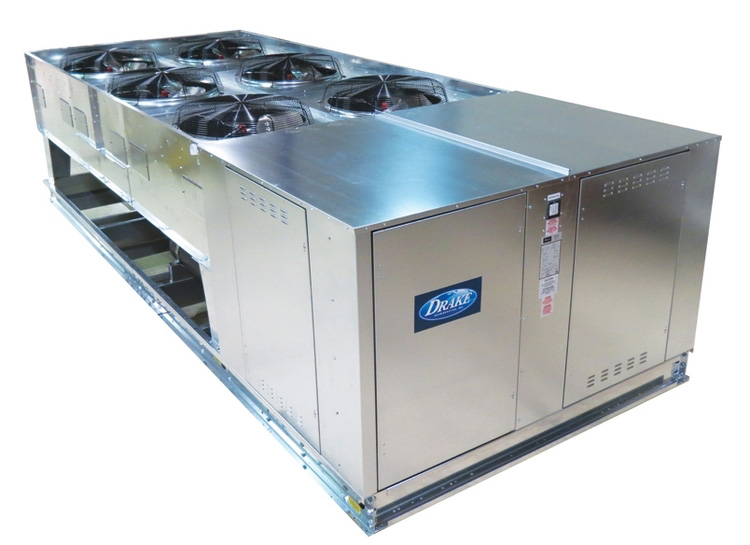
A glycol chiller funnels a glycol-water coolant mixture from the refrigeration unit through thermal heat exchanger piping, absorbing heat from your industrial process and warming the coolant. Next, the warmed coolant returns to the refrigeration unit to repeat the cooling process.
Head to our blog article on how process chillers work for more on the glycol chiller cooling process and the essential chiller components.
What is the difference between ethylene and propylene glycol?
A glycol chiller may use either ethylene or polyethylene glycol, depending on the application. Ethylene glycol and its derivatives contain mildly toxic properties, making it unsafe for food and beverage applications. On the other hand, propylene glycol is non-toxic, making it the safest – and only – glycol chiller coolant option for breweries, food processing, dairy, and other similar industries. Look for a United States Pharmacopeia (USP)-grade glycol to ensure it meets the highest standards of safety and quality for food applications.
What are the advantages of a glycol chiller?
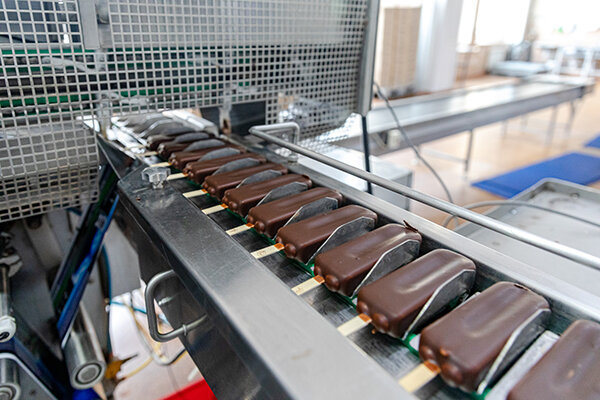
A glycol chiller has several advantages over systems that use ice or purified water to cool your industrial processes, especially in food applications, including:
- Consistent cooling temperatures protect frozen and refrigerated food from spoilage
- Higher quality food with better taste
- Accommodates the narrowest of temperature ranges as tight as +/- 1°
- The antifreeze properties of a glycol chiller provide more consistent and reliable performance
Is a glycol chiller suitable for low-temperature applications?
Yes. Unlike a potable water coolant, you can rely on a glycol chiller to perform exceptionally well in low-temperature environments, such as food processing facilities, aerospace applications, and ice rinks. Thanks to glycol’s antifreeze capabilities, the coolant achieves a lower freezing point than water to help keep your low-temp processes running strong.
Check out our blog post on the options for low-temp chillers to learn more these chillers.
Is a glycol chiller energy efficient?
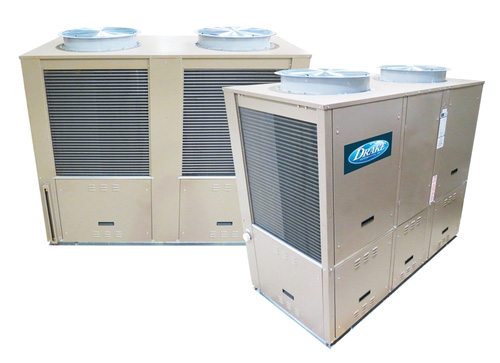
Yes. Glycol chillers have many energy-efficient options, including a glycol economizer for ‘free cooling,’ EC condenser fans, electronic expansion valves (EEVs), floating head pressure, and heat reclaim for hot water loop. Because we take environmental responsibility seriously, we use only EPA-approved refrigerants, and our city water bypass option operates without draining glycol. We also offer supplemental fluid coolers to reduce the energy consumption of some glycol chiller systems.
In the next section, we’ll summarize ten quick glycol chiller facts to wrap up this post on everything you want to know about these high-performance industrial cooling systems.
10 Quick facts about glycol chillers
- A glycol chiller uses a glycol-water mixture as a coolant
- Glycol is a class of organic compounds that belong to the alcohol family
- The most common glycol-water ratio is 60/40 but will depend on your application requirements
- Ethylene and propylene are the two types of glycol; ethylene glycol is toxic, and propylene glycol is non-toxic
- A glycol chiller is ideal for many industries, including brewing, dairy, and food processing
- The glycol-water coolant helps resists corrosion, algae, and bacteria in the chillers’ components
- Tight temperature control is one of the main advantages of glycol chillers
- A glycol chiller can enhance the taste and quality of food and beverages
- The antifreeze properties of a glycol chiller make it ideal for low-temperature applications
- Glycol chillers come with many high-efficiency options, including a glycol economizer
If you’re interested in learning whether a glycol chiller is right for your application, reach out to our industrial chiller experts for personalized advice for your industry and specifications. With robust engineered solutions, excellent after-the-sale support, and a 99.4% uptime rate, we are a trusted source for high-performance process chillers for any industrial cooling need.
